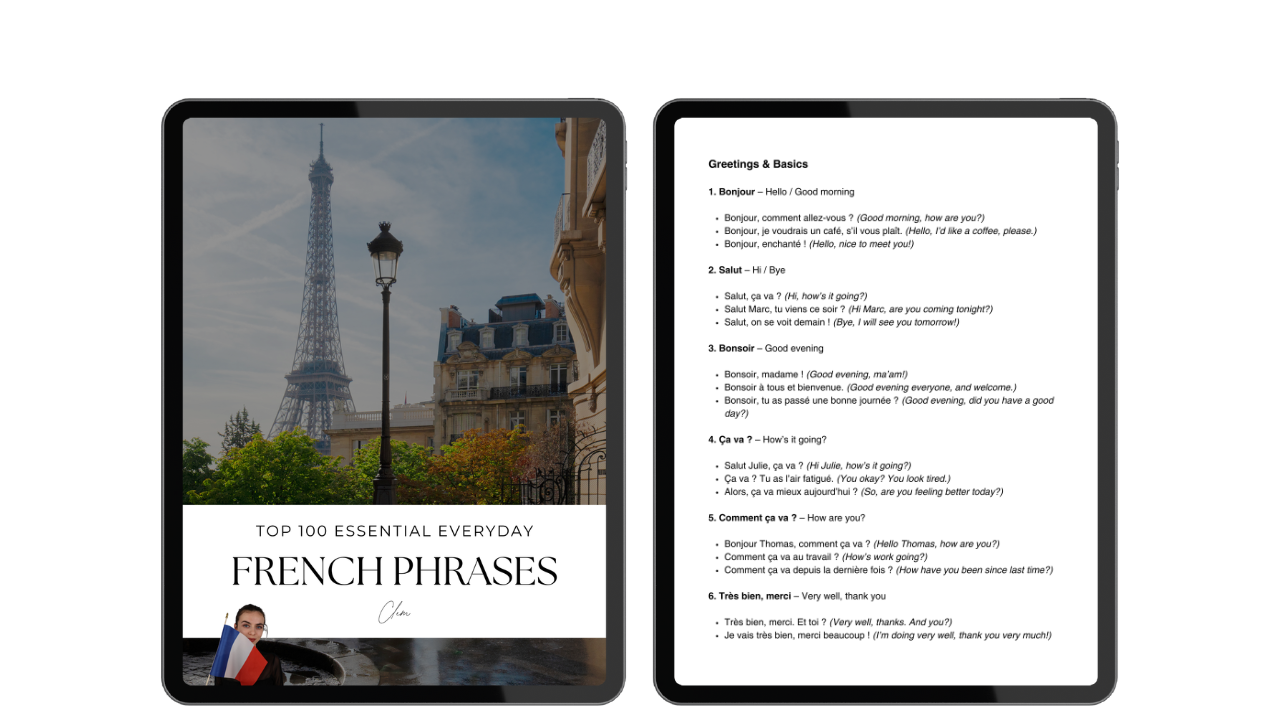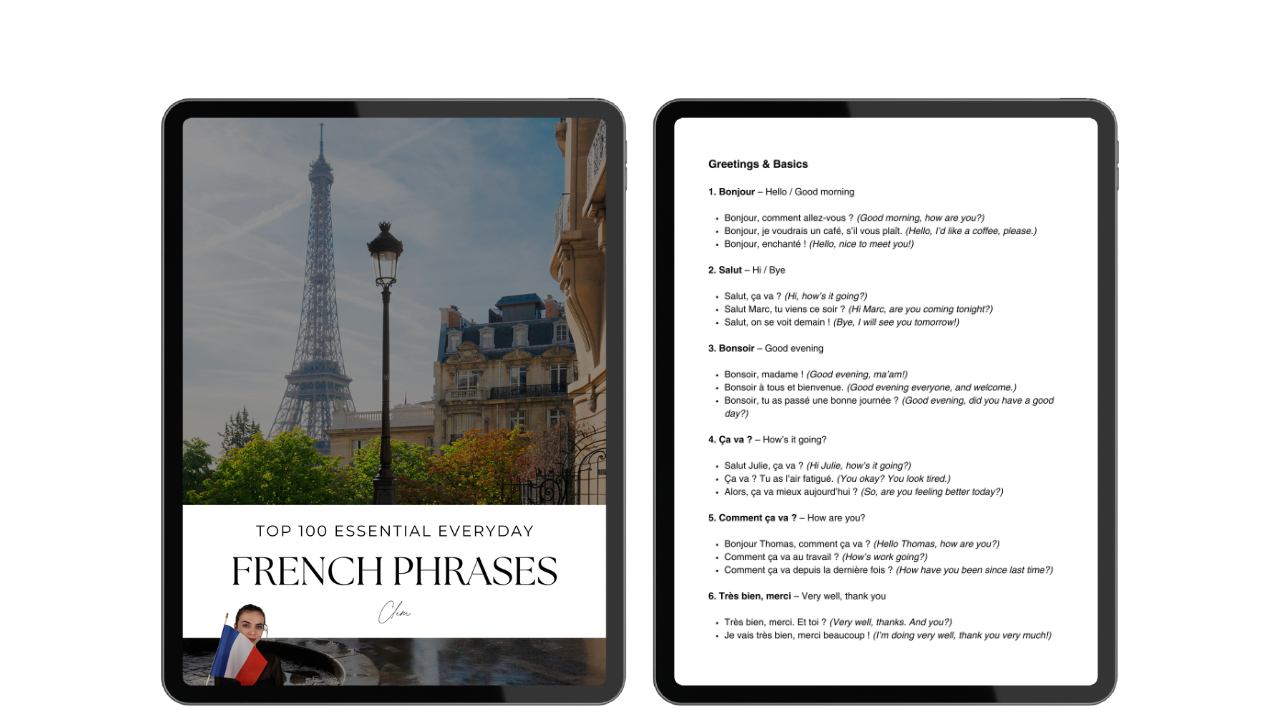
How to Write a Simple Email in French
Jul 20, 2025So, you need to write an email in French. Maybe it’s to a teacher, a potential client, your Airbnb host in Nice, or even a French friend you haven’t seen in a while. You sit down to type... and your brain goes totally blank.
How do you start? Is “Bonjour” too casual? Is “Cordialement” too cold? And why do all French emails sound so formal?
Good news: writing a simple, clear email in French is absolutely doable — even if you're not fluent. Whether you're a French learner or just want to polish your email game, this guide will walk you through it step-by-step, with real-life phrases and examples you can actually use.
Let’s make email writing in French feel easy.
1. Start by Knowing Who You're Writing To
This might sound obvious, but it really sets the tone. In French, the way you speak depends a lot on the relationship.
If you're emailing a friend, you can be casual. But if you're writing to a stranger, professor, landlord, or employer? You'll need to keep things polite and formal.
Here’s the rule of thumb:
-
Use tu when it’s a friend, peer, or someone you’re familiar with.
-
Use vous when it’s formal — like for professionals, people older than you, or anyone you don’t know well.
Not sure which one to use? Go with vous. It’s always safer to start more formal and switch to informal later if invited.
2. Open With the Right Greeting
French greetings in emails tend to be a little more structured than in English. You don’t want to just throw in a “Hi” and hope for the best. Here's how to greet someone the right way:
For formal emails, say:
-
Bonjour Monsieur, (if it’s a man)
-
Bonjour Madame, (if it’s a woman)
-
Madame Dupont, (if you know their name)
-
Cher Monsieur / Chère Madame, (like “Dear Sir/Madam” — polite but slightly warmer)
For informal emails, go with:
-
Salut Marie, (Hi Marie)
-
Coucou ! (Very casual, for close friends)
-
Bonjour Paul, (Still friendly but not overly familiar)
Always follow your greeting with a comma and start a new line for the body of the message.
Writing in French doesn’t have to be scary. Inside my course you’ll practice real email phrases with guided templates (formal + casual) and quick quizzes.
3. If Necessary, Introduce Yourself Briefly
If you’re writing to someone for the first time or someone who might not recognize your name, just give a quick intro. Keep it to one sentence.
In a formal email, try:
-
Je me permets de vous contacter concernant… (I’m reaching out to you regarding...)
-
Je suis étudiant(e) en français et j’aimerais… (I’m a French student and I’d like to…)
-
Je travaille chez [Name of company] et je souhaiterais… (I work at [Company] and I’d like to…)
In an informal email:
-
C’est [Your Name] — on s’est rencontrés à… (It’s [Your Name] — we met at…)
-
J’espère que tu vas bien ! (Hope you're doing well!)
You don’t need to say too much. Just enough for them to know who you are.
4. Say Why You're Writing
Now it’s time to get to the point — but in French, it’s common to soften your message just a bit to sound more polite.
In formal emails, use:
-
Je souhaiterais savoir si… (I would like to know if…)
-
Serait-il possible de… ? (Would it be possible to…?)
-
Je vous écris afin de… (I’m writing to...)
In informal messages, you can say:
-
Je voulais te demander si… (I wanted to ask if…)
-
Tu peux me dire si… ? (Can you tell me if…?)
-
J’ai une question rapide ! (Quick question!)
Even if you're making a request, the French love when things are phrased with a touch of tact. It goes a long way.
5. Use Helpful, Reusable Phrases
Here are some everyday phrases you’ll find useful no matter the situation:
When making a request:
-
Pourriez-vous m’envoyer… ? (Could you send me...?)
-
J’aimerais prendre rendez-vous. (I’d like to schedule an appointment.)
-
Est-ce que ce serait possible de… ? (Would it be possible to...?)
Talking about timing:
-
Je suis disponible lundi matin. (I’m available Monday morning.)
-
À quelle heure seriez-vous libre ? (What time would you be free?)
-
On peut fixer un créneau ? (Can we set a time slot?)
Confirming something:
-
Je vous confirme notre rendez-vous. (I confirm our meeting.)
-
C’est noté, merci ! (Got it, thanks!)
-
À bientôt alors ! (See you soon then!)
Turn these phrases into reflexes in 10 minutes a day - A1→B2 lessons with PDFs & audio.
6. End With a Polite Closing
Here’s where French emails go full poetic. Even for short messages, you almost always close with a proper sign-off. Don’t skip this part — it’s expected.
For formal emails:
-
Cordialement, (Best regards)
-
Bien à vous, (Kind regards / Yours truly)
-
Avec mes salutations distinguées, (With my best regards — very formal)
For informal emails:
-
À bientôt, (See you soon)
-
Bonne journée ! (Have a good day!)
-
Amicalement, (Warmly — polite and friendly)
-
Bises, (Kisses — very casual and only for close friends)
After your sign-off, add your name on the next line. That’s it!
7. Real-Life Email Examples
Let’s put it all together with two examples — one formal, one casual.
Formal Email Example:
Subject: Demande de rendez-vous
Bonjour Madame Martin,
Je me permets de vous contacter afin de fixer un rendez-vous concernant ma candidature au poste de marketing digital.
Je suis disponible lundi ou mardi matin à partir de 9h. Serait-il possible pour vous de me recevoir à ce moment-là ?
Je vous remercie par avance pour votre retour.
Cordialement,
Clémence
Informal Email Example:
Subject: Dispo ce week-end ?
Salut Élodie,
J’espère que tu vas bien 😊 Je voulais te demander si tu es libre samedi pour aller au marché ou boire un café ? Ça fait longtemps !
Dis-moi ce qui t’arrange.
À bientôt,
Clémence
Writing a simple email in French doesn't require a PhD in literature. It just takes a few key phrases, a little structure, and the right tone. Once you’ve sent a few, it starts to feel natural — and honestly, kind of fun.
And the best part? Most French speakers will appreciate your effort — even if your email isn’t perfect. It shows respect, cultural curiosity, and a willingness to connect. That’s always worth it.
Write emails with confidence












